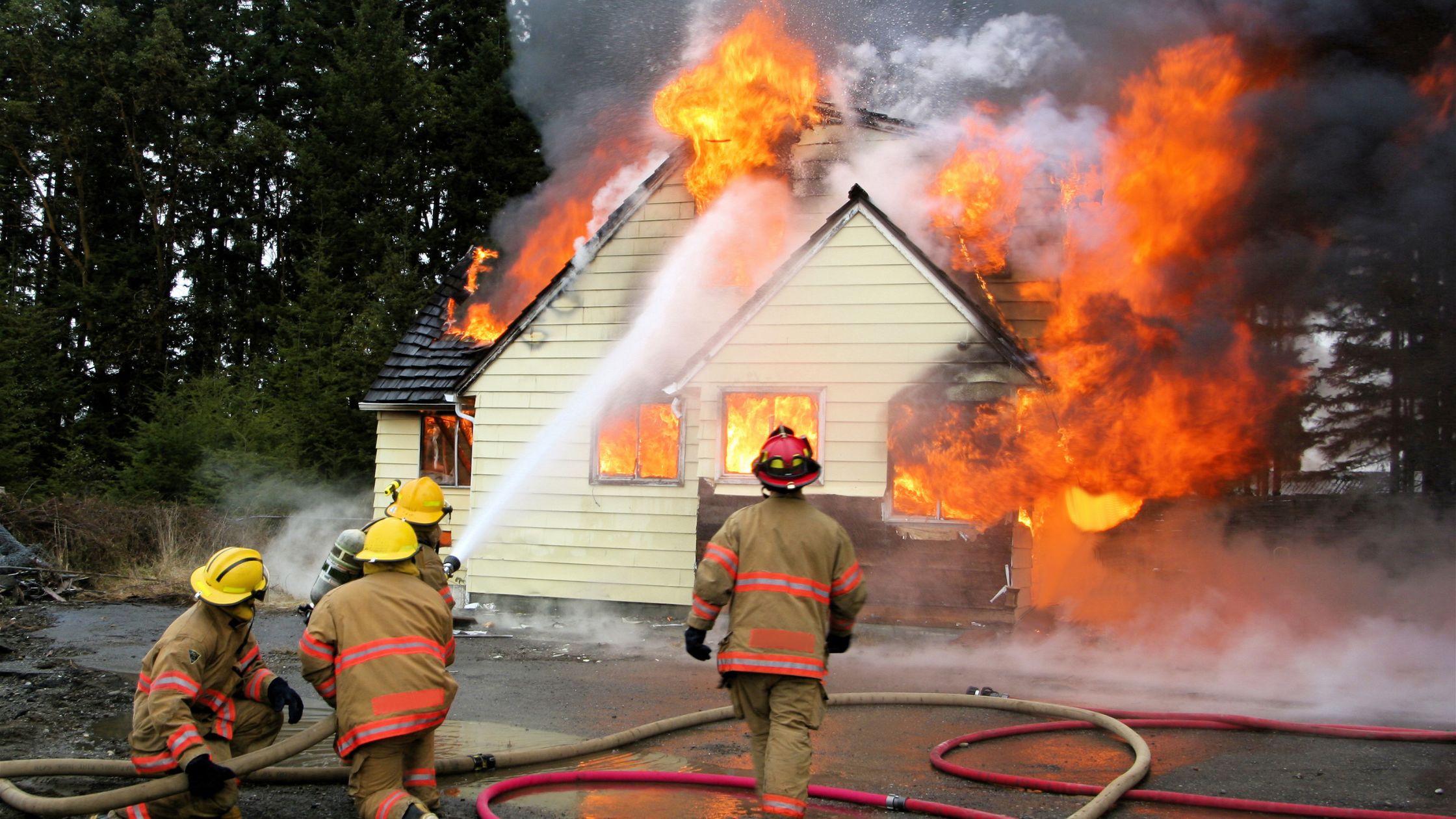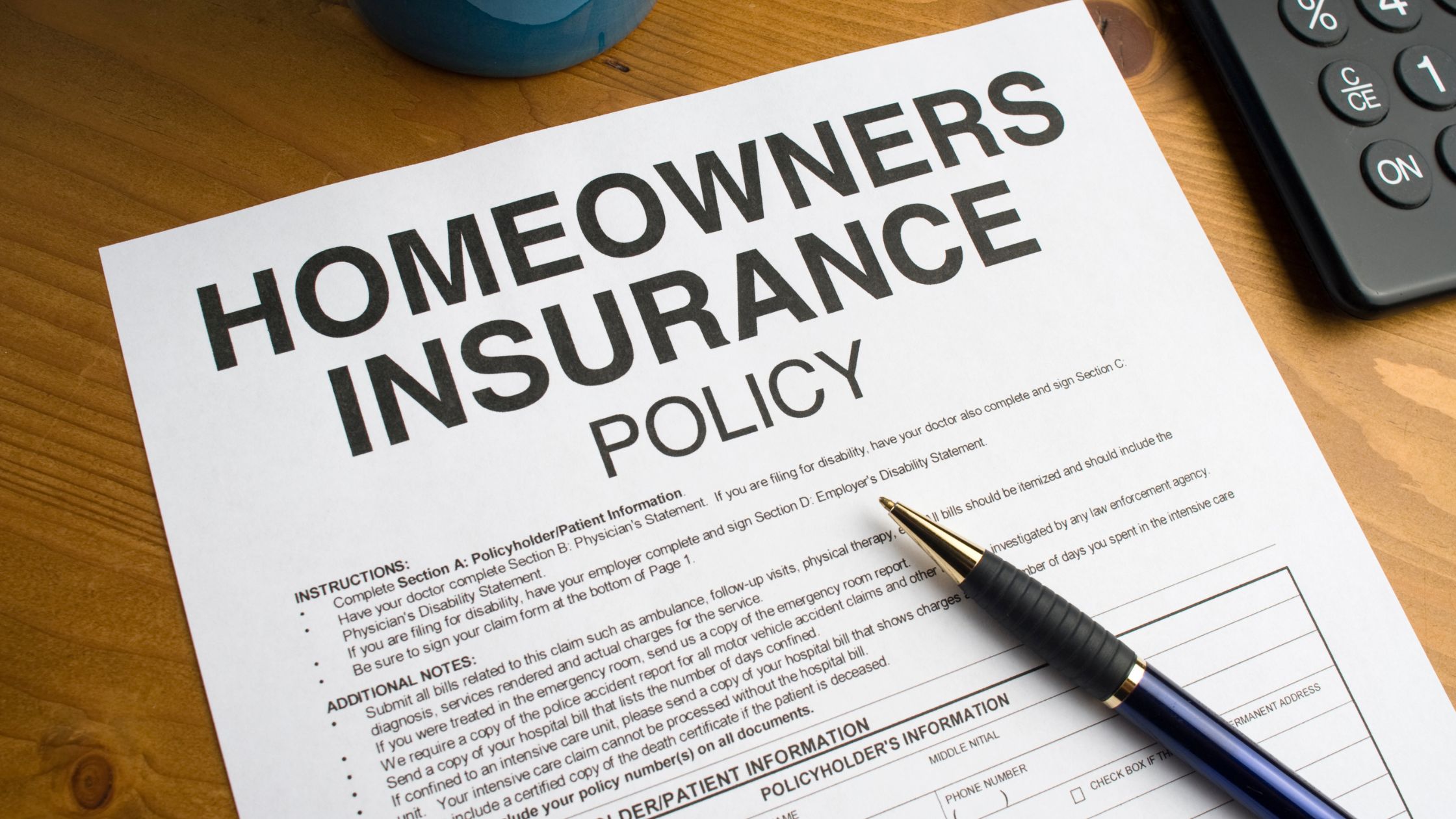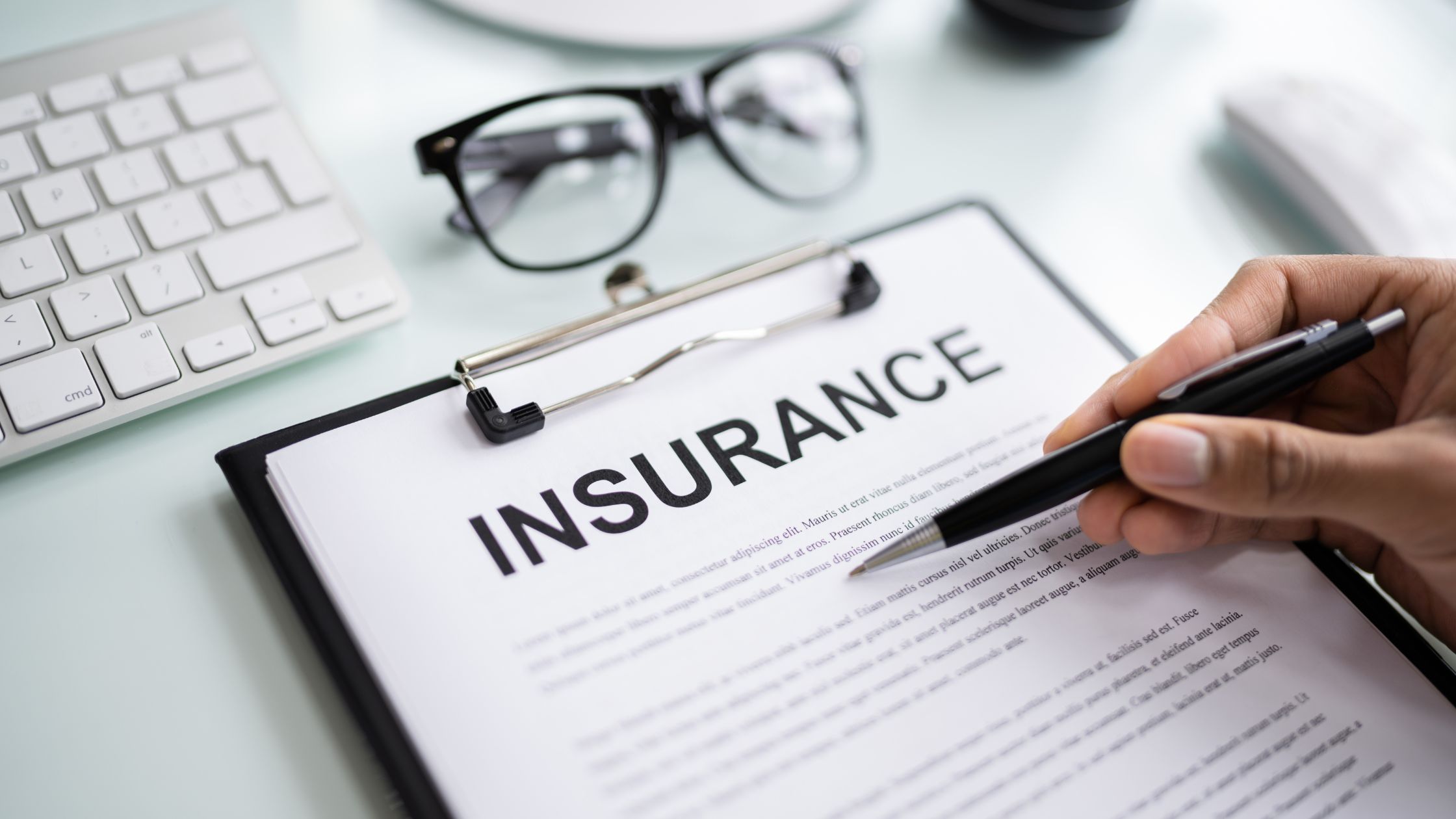Introduction: Experiencing wildfire damage can be devastating for homeowners and property owners. Knowing how to navigate the insurance claims process effectively is crucial for recovering losses and rebuilding. This comprehensive guide outlines step-by-step instructions for filing a claim after wildfire damage and offers practical tips to ensure a smooth process.
1. Contact Your Insurance Company Promptly
After experiencing wildfire damage, the first step is to contact your insurance company immediately. Prompt reporting of the damage is essential for initiating the claims process. Be prepared to provide your policy number, the date of the incident, and a brief description of the damage sustained. Most insurance companies have specific time frames for claims to be reported, so acting swiftly is crucial.
2. Document the Extent of Damage
Thorough documentation of the damage is critical to support your claim. Take detailed photos and videos of all affected areas, including structural damage to buildings, charred landscape, and destroyed personal belongings. Create a comprehensive inventory list of damaged items, noting their approximate value and condition before the wildfire. This documentation will serve as crucial evidence when filing your claim.
3. Review Your Insurance Policy Coverage
Before filing your claim, carefully review your insurance policy to understand what is covered and any exclusions that may apply to wildfire damage. Pay particular attention to:
- Property Coverage Limits: Determine the maximum amount your policy will pay for damage.
- Additional Living Expenses (ALE): Check if your policy covers expenses for temporary lodging, meals, and other necessary living expenses if you relocate temporarily due to wildfire damage.
- Deductibles: Understand the deductible amount you are responsible for paying out of pocket before your insurance coverage kicks in.
Understanding your policy coverage ensures you know what to expect from your insurance company and helps you prepare a thorough and accurate claim.
4. Mitigate Further Damage
Take immediate steps to mitigate further damage to your property. This proactive approach protects your property and demonstrates to your insurance company that you are taking reasonable steps to prevent additional losses. Mitigation measures may include:
- Covering exposed areas with tarps or boards to prevent further weather damage.
- Securing the premises against potential looting or vandalism.
- Arranging for professional services, such as water extraction or roof repairs, to prevent mold or structural deterioration.
Keep all receipts and documentation for expenses incurred during these mitigation efforts, as they may be reimbursable under your insurance policy.
5. File Your Claim Accurately
Complete the necessary claim forms provided by your insurance company accurately and thoroughly. Include all supporting documentation, such as photos, inventory lists, receipts for mitigation expenses, and any other relevant information requested by your insurer. Providing clear and detailed information upfront can expedite the processing of your claim and reduce the likelihood of delays or requests for additional documentation.
6. Maintain Open Communication
Maintain open and effective communication with your insurance adjuster throughout the claims process. Respond promptly to any requests for additional information or documentation, and keep a record of all communications related to your claim, including emails and phone calls. Clear communication helps ensure that your claim is processed smoothly and that any issues or concerns are addressed promptly.
7. Understand the Claims Evaluation Process
After submitting your claim, your insurance company will typically assign an adjuster to assess the damage. The adjuster may conduct an on-site inspection of your property to verify the extent of the damage and evaluate the validity of your claim. Be prepared to provide access to your property and cooperate fully with the adjuster’s evaluation process.
During the evaluation, the adjuster will consider the documentation and evidence you have provided and any applicable policy terms and coverage limits. Be patient but proactive in following up on the status of your claim and addressing any questions or concerns raised by the adjuster.
8. Seek Professional Assistance if Needed
If you encounter challenges or disputes with your insurance company regarding your claim, consider seeking assistance from a public adjuster or legal counsel specializing in insurance claims. These professionals can advocate, review your policy terms, and help negotiate a fair settlement. They can also provide guidance if your claim is denied or you receive a low settlement offer, ensuring you understand your options and rights under your insurance policy.
Conclusion: Filing a claim after sustaining wildfire damage requires diligence, preparation, and effective communication with your insurance company. By following the steps outlined in this guide and seeking professional assistance when needed, you can maximize your chances of receiving fair compensation for the damage to your property. Prompt action, thorough documentation, and understanding your insurance policy coverage are key to navigating the claims process successfully and rebuilding after a wildfire.
FAQs (Frequently Asked Questions) About Filing Wildfire Damage Claims:
Q1: How soon should I contact my insurance company after a wildfire?
- It’s essential to contact your insurance company as soon as possible after a wildfire to report the damage and begin the claims process. Many insurance policies have specific time frames within which claims must be reported to be valid, so acting promptly is crucial.
Q2: What should I include in my wildfire damage documentation?
- When documenting wildfire damage, include detailed photos and videos of all affected areas, a comprehensive inventory list of damaged items with approximate values, and receipts for expenses incurred during mitigation efforts. This documentation serves as crucial evidence to support your claim.
Q3: How long does it take to process a wildfire damage claim?
- The timeline for processing a wildfire damage claim varies depending on the damage’s complexity, the policyholder’s responsiveness, and the insurance company’s workload. Although insurance companies generally strive to process claims promptly, it’s essential to maintain open communication and follow up on the status of your claim as needed.
Q4: What if my insurance claim is denied or I receive a low settlement offer?
- If your insurance claim is denied or you disagree with the settlement offer, review your policy terms and consider seeking assistance from a public adjuster or legal counsel specializing in insurance claims. These professionals can help review your options, negotiate with your insurance company, and advocate for a fair resolution.
Q5: Does homeowner’s insurance cover all types of wildfire damage?
- Homeowner’s insurance typically covers wildfire damage to structures and personal property, but coverage may vary based on policy terms, exclusions, and geographic location. Review your policy documents or contact your insurance provider to understand your specific coverage and any additional endorsements you may need for comprehensive protection.
Q6: Can I claim additional living expenses if I relocate temporarily due to wildfire damage?
- Yes, most homeowner’s insurance policies include coverage for additional living expenses (ALE) if you need to relocate temporarily due to wildfire damage. Keep receipts for expenses related to temporary lodging, meals, and other necessary living expenses to include with your claim for reimbursement.
Q7: What steps can I take to prevent further damage to my property after a wildfire?
- After a wildfire, take immediate steps to mitigate further damage to your property, such as covering exposed areas with tarps, securing the premises against potential looting, and arranging professional services to prevent mold or structural deterioration. Keeping detailed records of mitigation efforts and expenses is essential for your insurance claim.
Q8: Should I hire a public adjuster to assist with my wildfire damage claim?
- Hiring a public adjuster can be beneficial if you encounter challenges or disputes with your insurance company regarding your wildfire damage claim. Public adjusters are licensed professionals who can advocate on your behalf, review policy terms, and help negotiate a fair settlement. They work to maximize your insurance payout and ensure that you receive fair compensation for the damage to your property.
For more detailed information, visit the original article on Reiner, Slaughter & Frankel’s website.










